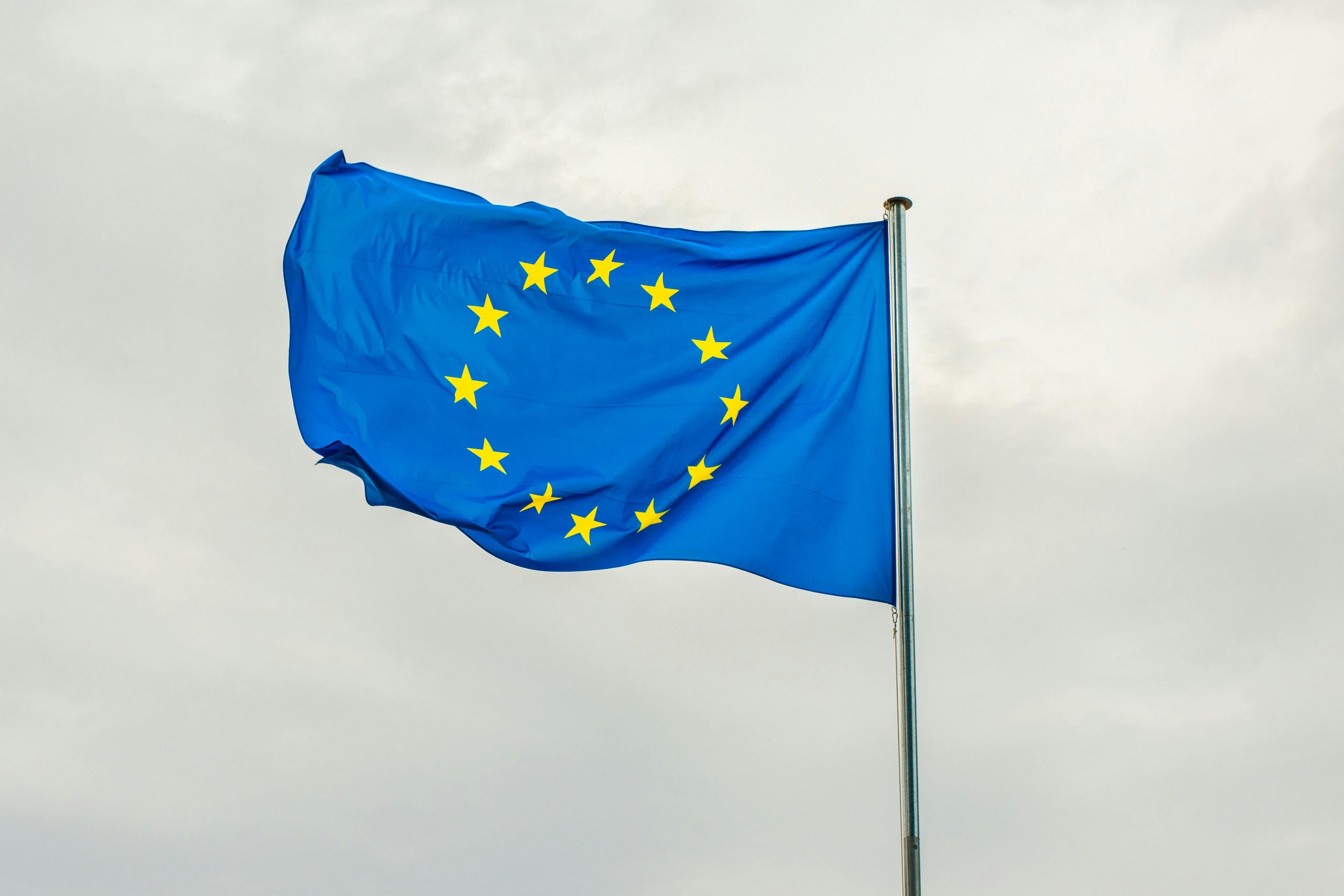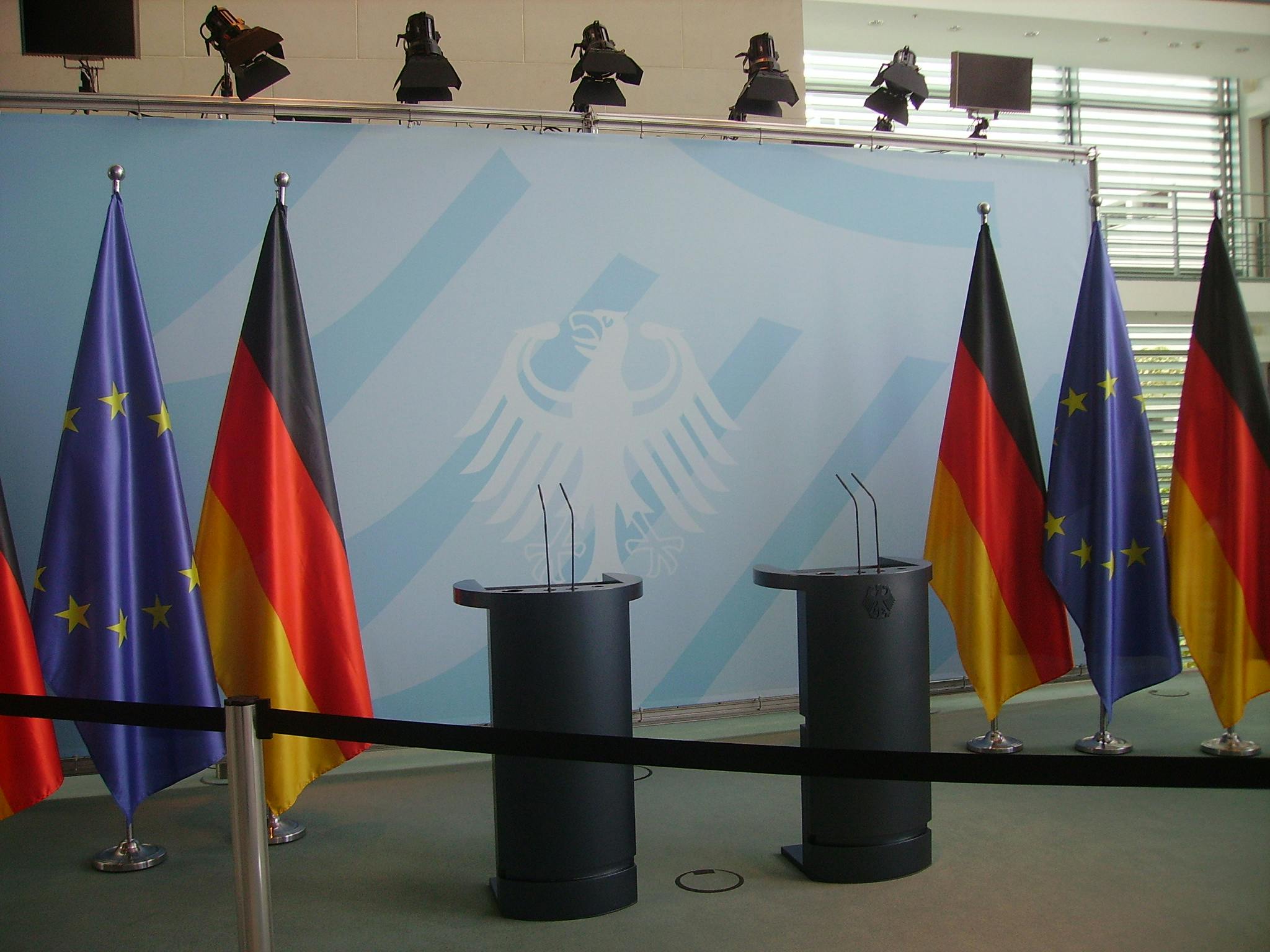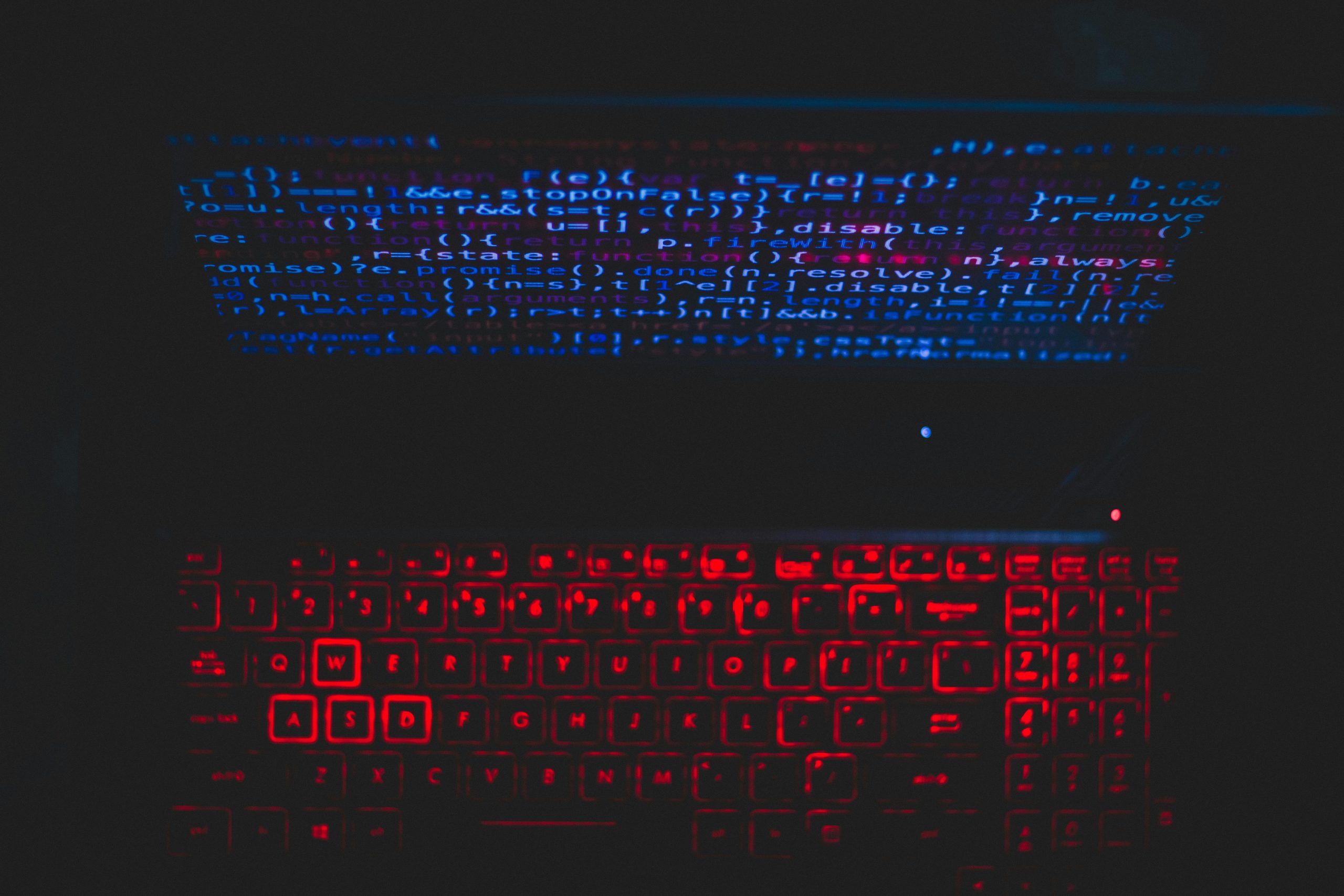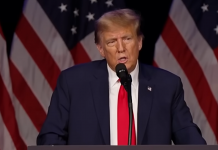The European Union moved closer to adopting the world’s first rules for artificial intelligence this Wednesday (13), after the bloc’s parliamentarians approved a provisional agreement to regulate a technology whose use is growing rapidly across a wide range of sectors and in everyday life.
With this, the legislation, called “AI Law”, will regulate the basic models of generative artificial intelligence, such as from OpenAI, the creator of ChatGPT, which are trained on large volumes of data to generate new content and even perform tasks.
The measure will restrict governments’ use of real-time biometric surveillance in public spaces to cases of certain crimes, prevention of genuine threats such as terrorist attacks, and searches for people suspected of the most serious crimes.
Thus, the rules will cover high-impact, general-purpose AI models and high-risk AI systems, which will have to comply with specific transparency obligations and EU copyright laws.
In total, 523 parliamentarians from the European bloc voted in favor of the agreement, while 46 were against and 49 abstained.
“I welcome the European Parliament’s overwhelming support for the EU AI Law, the world’s first comprehensive and binding framework for trustworthy AI. Europe is now a global reference in reliable AI”, said the head of the technology sector in the EU, Thierry Breton.
The group’s countries are expected to give their formal approval to the agreement in May, with the legislation expected to come into force at the beginning of next year and be applied in 2026, although some of the provisions will come into force earlier.























